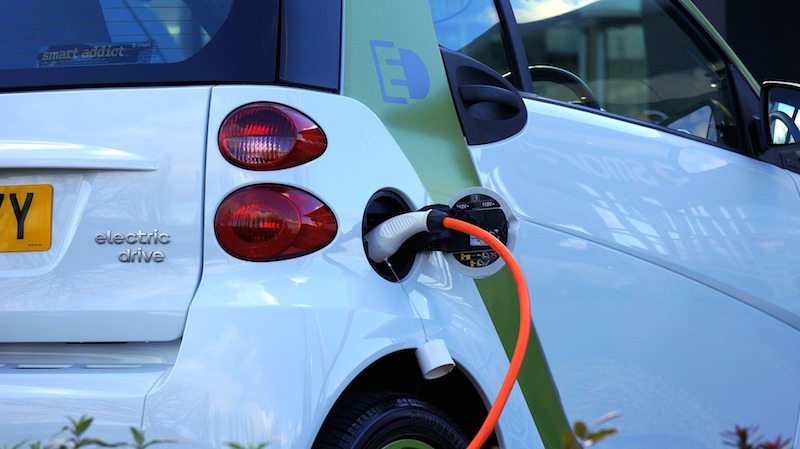Sierra Club Maine has made a case against what it is calling a proposal to implement "unreasonable and punitive" registration fees of $250 or $300 for owners of electric and hybrid vehicles. State lawmakers have proposed the extra charge as a way to raise money to cover the highway maintenance budget.
"This bill would discourage Mainers from purchasing clean vehicles, lead to more air and carbon pollution, and would not address the larger issues of paying for and maintaining our road system," Sierra Club Maine's Tony Donovan told legislators at a recent public hearing about the proposed bill, LD 1226, An Act to Keep Maine's Infrastructure Safe by Providing More Sources of Revenue for the Highway Fund.
Here is the rest of Donovan's testimony:
"Gas-burning vehicles are a major source of toxic air pollution and the largest source of carbon pollution in Maine. Levying a tax on cleaner cars is counter-productive to the state’s interest in reducing car pollution. One state that imposed high fees on EVs, for example, learned this the hard way. Formerly the state with the second most EV sales, Georgia replaced its EV state incentive program with a $200 yearly fee, and saw an 80 percent drop in EV sales.
 The proponents of such fee bills argue that EVs are causing a drop in gas tax revenue. Created in 1957, the gasoline tax hasn’t risen with inflation since 1993, so the revenue now covers about 40 percent of road system costs, causing states to search for more revenue. However, composing just a tiny slice in Maine auto sales, electric and hybrid cars aren’t the fair and sensible source to replace this lost funding. Obviously, it is more fuel efficient conventional vehicles that account for a much bigger loss in gas tax funds. In addition, trucks account for the greatest damage to our roads and therefore should be responsible for paying their fair share of highway maintenance taxes and fees.
The proponents of such fee bills argue that EVs are causing a drop in gas tax revenue. Created in 1957, the gasoline tax hasn’t risen with inflation since 1993, so the revenue now covers about 40 percent of road system costs, causing states to search for more revenue. However, composing just a tiny slice in Maine auto sales, electric and hybrid cars aren’t the fair and sensible source to replace this lost funding. Obviously, it is more fuel efficient conventional vehicles that account for a much bigger loss in gas tax funds. In addition, trucks account for the greatest damage to our roads and therefore should be responsible for paying their fair share of highway maintenance taxes and fees.
Maine should follow the example of other states that have discussed and rejected raising EV fees. Massachusetts just passed legislation to study if an EV purchasing fee would be financially beneficial enough to compensate for low gas tax revenue. Vermont’s Department of Transportation’s recently published a report that found that until EVs make up at least 15 percent of car purchases, it’s within the state’s best interest to incentivize consumers into buying EVs.
Instead of singling out clean cars, Maine policymakers should begin a process to carefully review how to best pay for our road system while encouraging the transition to electric-powered vehicles. Multiple states have proposed and developed ways to modernize transportation funding sources. For example,Massachusetts and Illinois are studying vehicle miles traveled tax programs; Wyoming and Washington are considering raising registration fees by a vehicle's weight.
Before taking any action with LD 1226, Maine should consider these kinds of alternatives and conduct its own study.
In summary, Sierra Club believes that now is the time to incentivize, not penalize, people to driver cleaner, greener vehicles that benefit all of us. We urge this committee to vote ought not to pass on LD 1226."